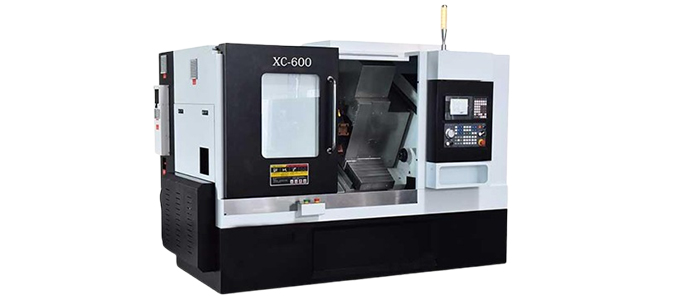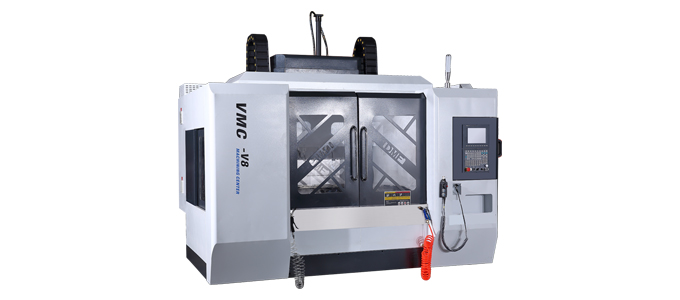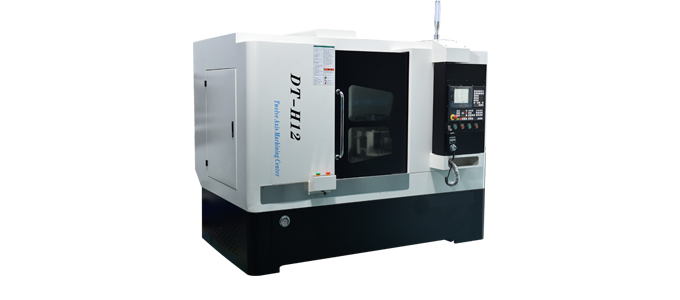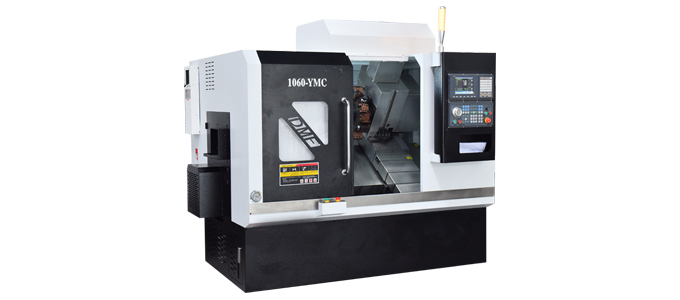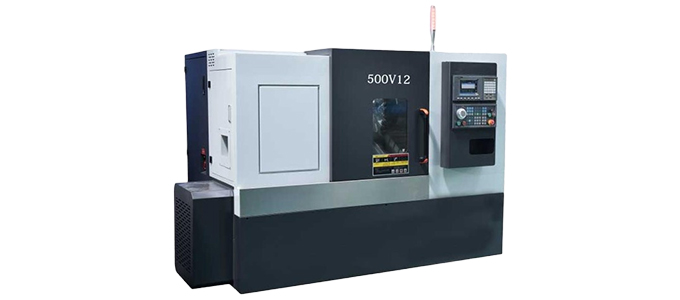CNC manufacturing has profoundly impacted the production of automotive components, including engine parts, transmissions, steering systems, and brake systems. These critical components require precise machining to ensure optimal performance and reliability. With advancements in CNC technology, manufacturers can now produce high-quality automotive parts with unmatched precision and efficiency.
The automotive industry demands components that meet stringent quality standards to ensure safety and performance. CNC machines, with their ability to produce parts with exact tolerances, play a crucial role in meeting these requirements. For example, engine parts such as pistons, crankshafts, and camshafts must be manufactured to precise specifications to ensure efficient engine operation. CNC machining allows manufacturers to achieve the necessary precision, reducing the risk of engine failures and improving overall performance.
Similarly, transmissions and steering systems require components that fit and function perfectly. CNC machines can produce gears, shafts, and other critical components with high accuracy, ensuring smooth operation and reliability. The precision of CNC machining also extends to brake systems, where components such as brake discs and calipers must be manufactured to exact specifications to ensure effective braking performance.
CNC lathe machines are particularly important in the production of automotive components. These machines are designed to rotate the workpiece while cutting tools shape it to the desired specifications. This process is ideal for creating cylindrical components, which are common in automotive systems. The precision of CNC lathes ensures that each part fits perfectly with others, reducing the risk of mechanical failures.
In addition to precision, CNC manufacturing offers significant efficiency benefits. Automated CNC machines can operate continuously without the need for human intervention, increasing productivity and reducing labor costs. This capability is particularly advantageous in the automotive industry, where large quantities of components are often required. Automated CNC machines can produce these components quickly and efficiently, ensuring a steady supply to meet demand.
CNC system manufacturers continuously innovate to improve the capabilities of their machines. They develop new features and technologies that enhance the performance and efficiency of CNC systems. For example, some modern CNC systems are equipped with real-time monitoring and feedback capabilities, allowing for more precise control over the machining process. These advancements enable manufacturers to achieve higher levels of precision and efficiency, further improving the quality and reliability of their products.
In conclusion, CNC manufacturing has revolutionized the production of automotive components, providing the precision and efficiency needed to meet the stringent quality standards of the automotive industry. The continuous innovation in CNC technology promises even greater capabilities, ensuring that manufacturers can keep up with the evolving demands of the automotive sector. As a result, CNC manufacturing will continue to play a vital role in the production of high-quality automotive components.


